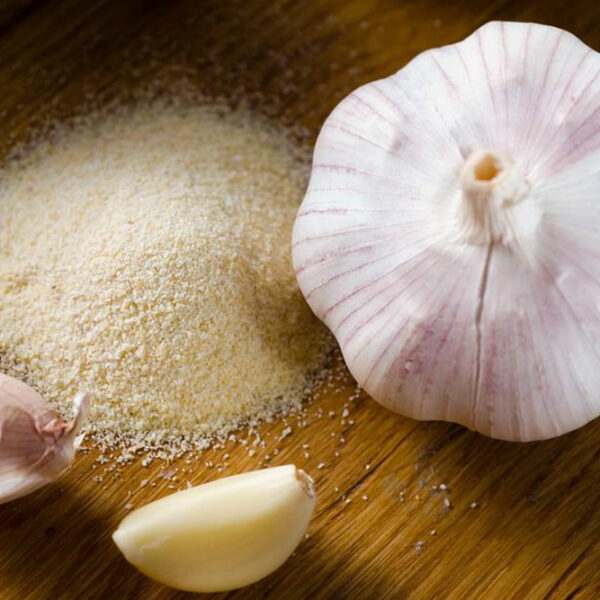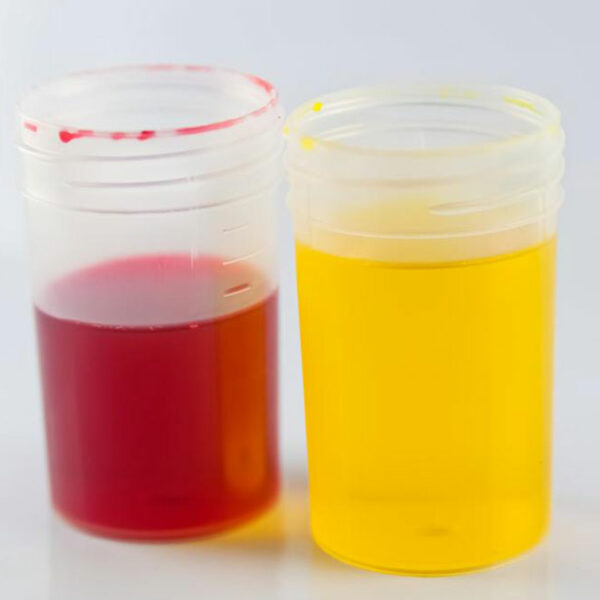
5 home remedies to decrease protein in your urine
Proteinuria or protein in urine is an indicator of bad kidney health. Most people who suffer from kidney diseases are likely to be affected by this condition. Normally, protein is present and circulates in the bloodstream of the body. However, when the kidneys are unhealthy and its filters do not carry out their function efficiently, the proteins pass through the filters and enter into the urine. Protein in the urine exhibits in the form of foamy urine. This condition is proven to be triggered by diseases such as diabetes and hypertension. In order to prevent further damage, it is necessary to medically control the kidney disorder. However, protein in your urine can be naturally minimised using the following home remedies: Fish oil – Fish oil is an ingredient that is extremely beneficial for people who suffer various diseases and comes with a ton of health benefits. The omega-3 fatty acids present in the oil soothes inflammation and aid in the well-being of the kidneys. It decreases the protein in urine and is also known to balance blood pressure levels. Diet control – As the name suggests, proteinuria is caused by excess protein in the urine. Thus, keeping a control one’s diet by limiting the intake of too much protein can help.





